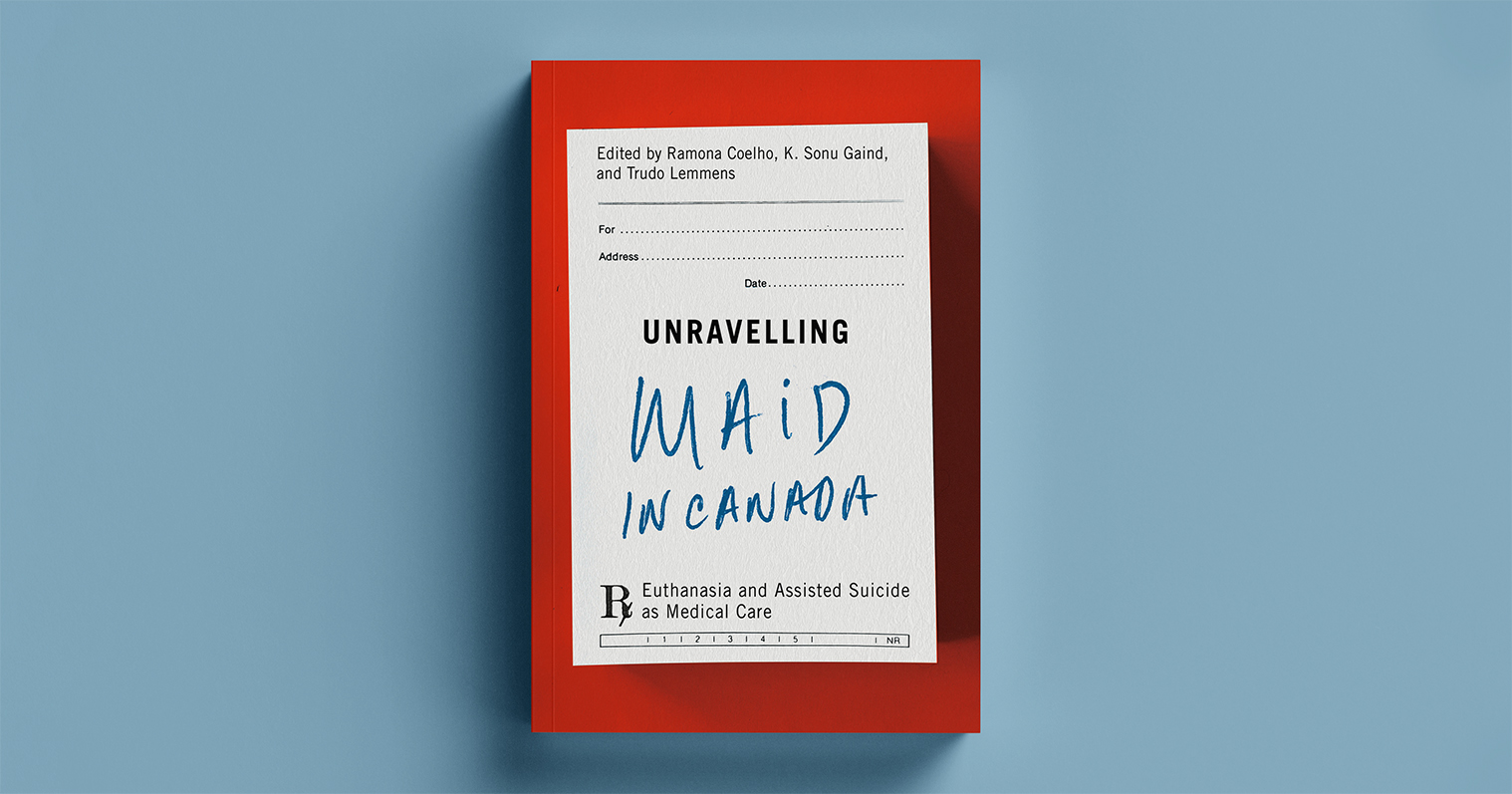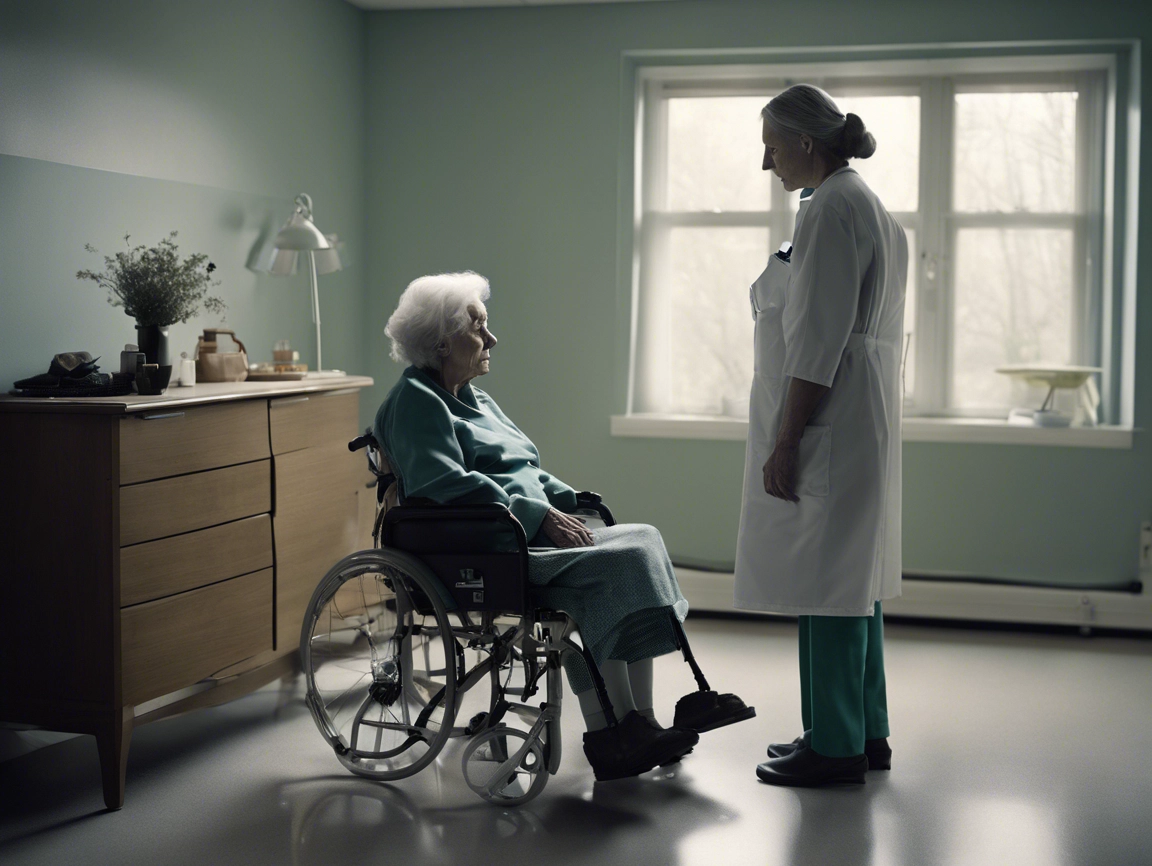It is with the greatest regret that we acknowledge the decision rendered on September 11, 2019, by Quebec Superior Court Justice Christine Baudouin, validating the claims of Nichole Gladu and Jean Truchon. Subsequent to this judgement (and assuming that the Federal Government not demand a politically damaging Canada-vs-Quebec appeal), requirements that euthanasia subjects be “at the end of life” or that their natural death be “reasonably foreseeable” will soon be struck from Quebec and Canadian law.
All that will remain, then, to limit qualification for euthanasia, are the entirely subjective criteria of “suffering that is unendurable (to the patient)” and the final notion of “(sic) serious, irreversible, medical condition” (a formulation that will also be open to endless interpretation and dispute). In other words : when the dust has finally fallen, and when the limits of definition have been fully tested, virtually any individual who is chronically ill or permanently disabled (including psychiatric illnesses and disabilities), will be eligible for euthanasia.
This new dynamic immediately upsets the justification of euthanasia in Canada as “end of life care”. For we are no longer talking about managing the actual transition of inevitable death (which was the banner under which MAID was so eloquently sold to us in the first instance). We now are faced with a new right, on the part of ill and disabled persons, to die at any time. We must encounter this reality lucidly, and without false illusions.
However, there is not, as yet, a positive duty-to-die on the part of the sick and disabled. Death does remain a choice (even if it may soon become an institutionalized choice in many instances). And by the same token, there is not, as yet, a positive duty-to-kill on the part of the doctor.
In considering these questions, many of us have been asking, “What now is the role or meaning of our Physicians Alliance? Have we not lost our battle and thus whatever relevance we had in this matter?”
Frankly, it would seem that the answer to this question has now been forced upon us by the inescapable fact of patient and doctor choice : for just as some doctors have chosen to champion the choices of those patients who wish to die ; so also, the members of our Alliance must, logically, align themselves in support of the positive choices of those patients who wish to persevere.
And, as noted, this is no longer only about “end-of-life”. This is, now, also about the early stages of difficult diagnoses and the immediate aftermath of catastrophic non-fatal trauma, as well as the various psychiatric conditions.
In previous times, life was simpler. There was no death option for such patients. And therefore, they were allowed (even against their first inclination) the space and time – often counted realistically in multiple years – in which they could adapt positively to their situation (if stable) or learn to accommodate the inevitability of decline without immediate despair (if faced with a progressive prognosis).
No longer, however, will we be allowed to passively rely, in this way, on the legal prohibition of homicide, to protect our patients, our loved ones, and eventually ourselves. It will now be our responsibility to proactively inform, encourage and inspire our patients – as we have always done perhaps — but faced now, with the added urgency of competing against another new and deadly vision of normalcy in the face of suffering and death (which is actively promoted by others as able as ourselves).
Looking on the bright side, however, the numbers do favor us. Most patients — most human beings — will respond positively to positive encouragement. And whatever the dynamics of depression and despair — faith and hope, also, are fundamental qualities of the human character.
Most doctors and nurses, too, will naturally wish to encourage life in their patients rather than to embrace death as a solution for difficult circumstances.
The future of our Alliance then, will be in educating and encouraging our patients, our colleagues, and ourselves ; remembering, and sharing the memories, of the successes we have witnessed and experienced ; modelling our behavior on the best in our profession ; and providing our patients with the opportunity to do the same.
In our new reality, however, none of these things will be the result of passive obligation or compulsion. We are now called upon to define the world in which we wish to live, through the choices that we make : as doctors ; as patients ; as human beings.
Make euthanasia unimaginable
Sincerely,
Catherine Ferrier
President


